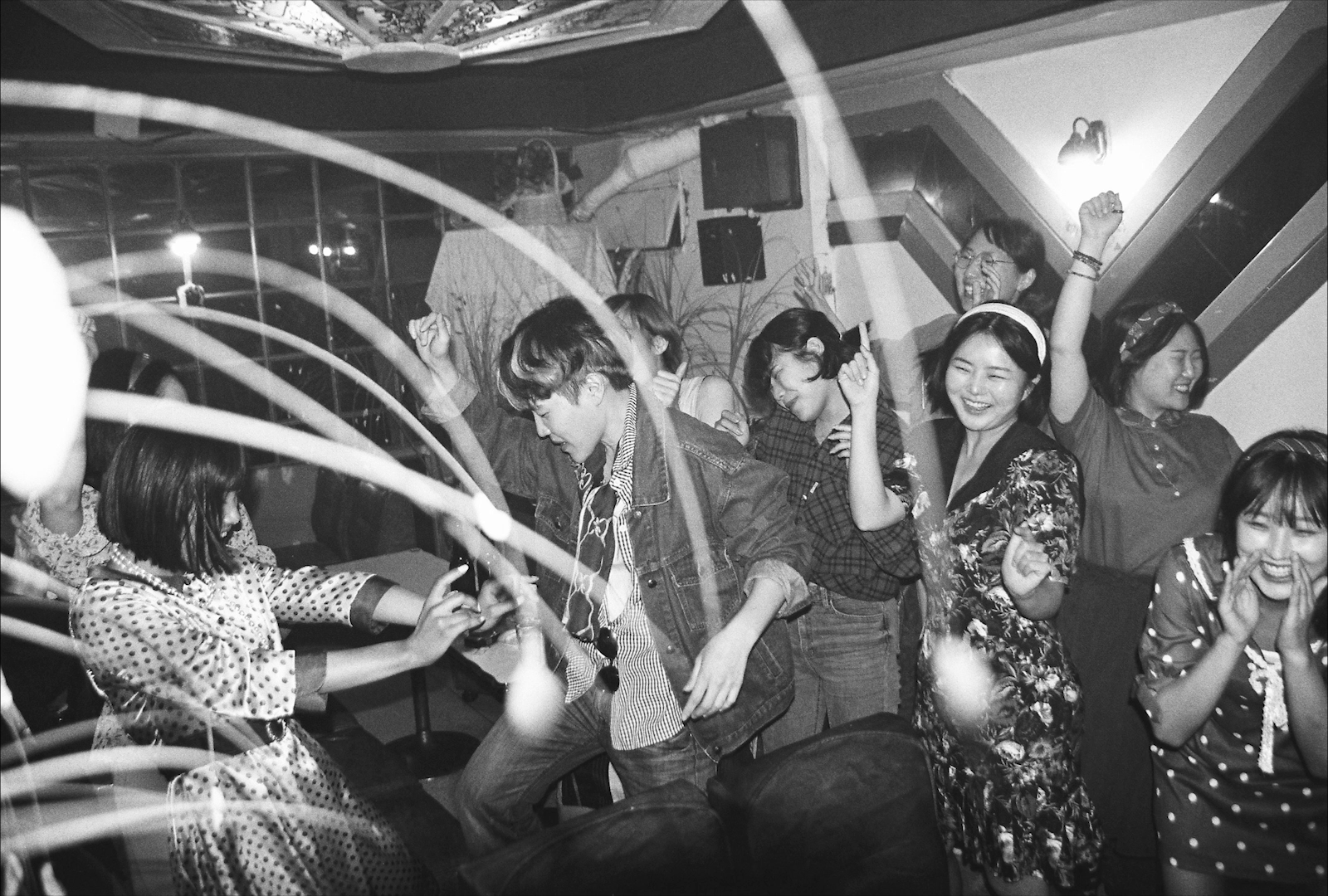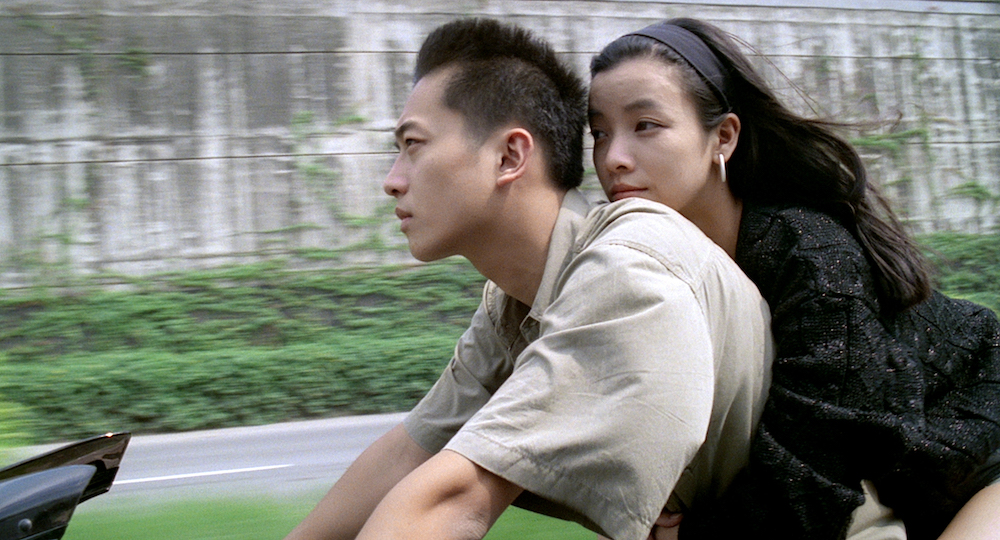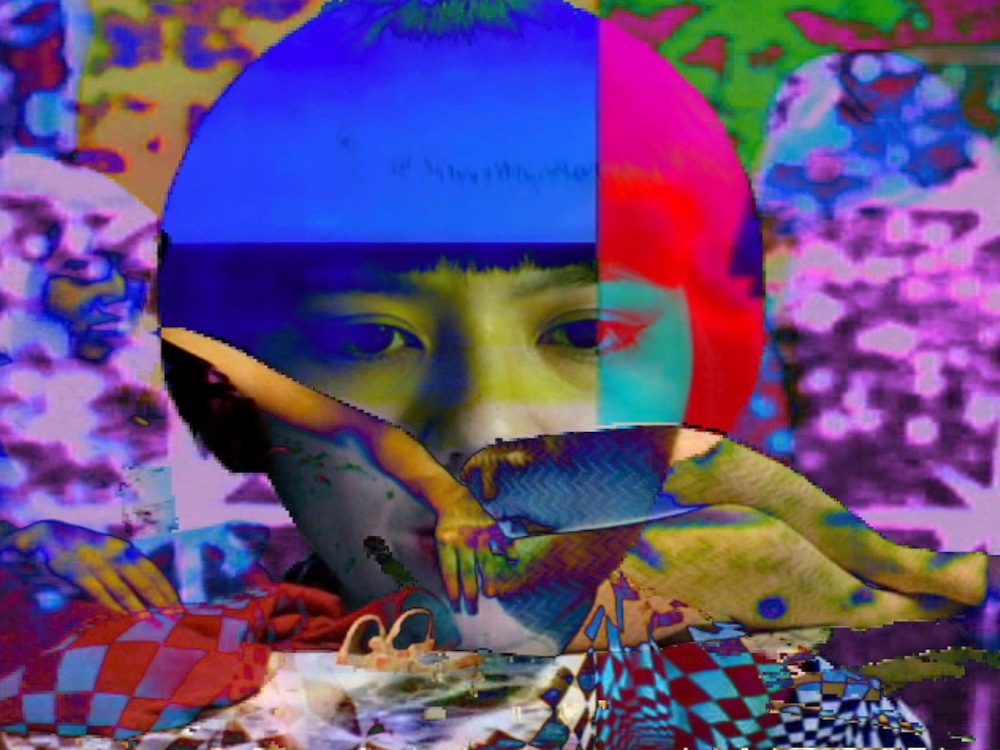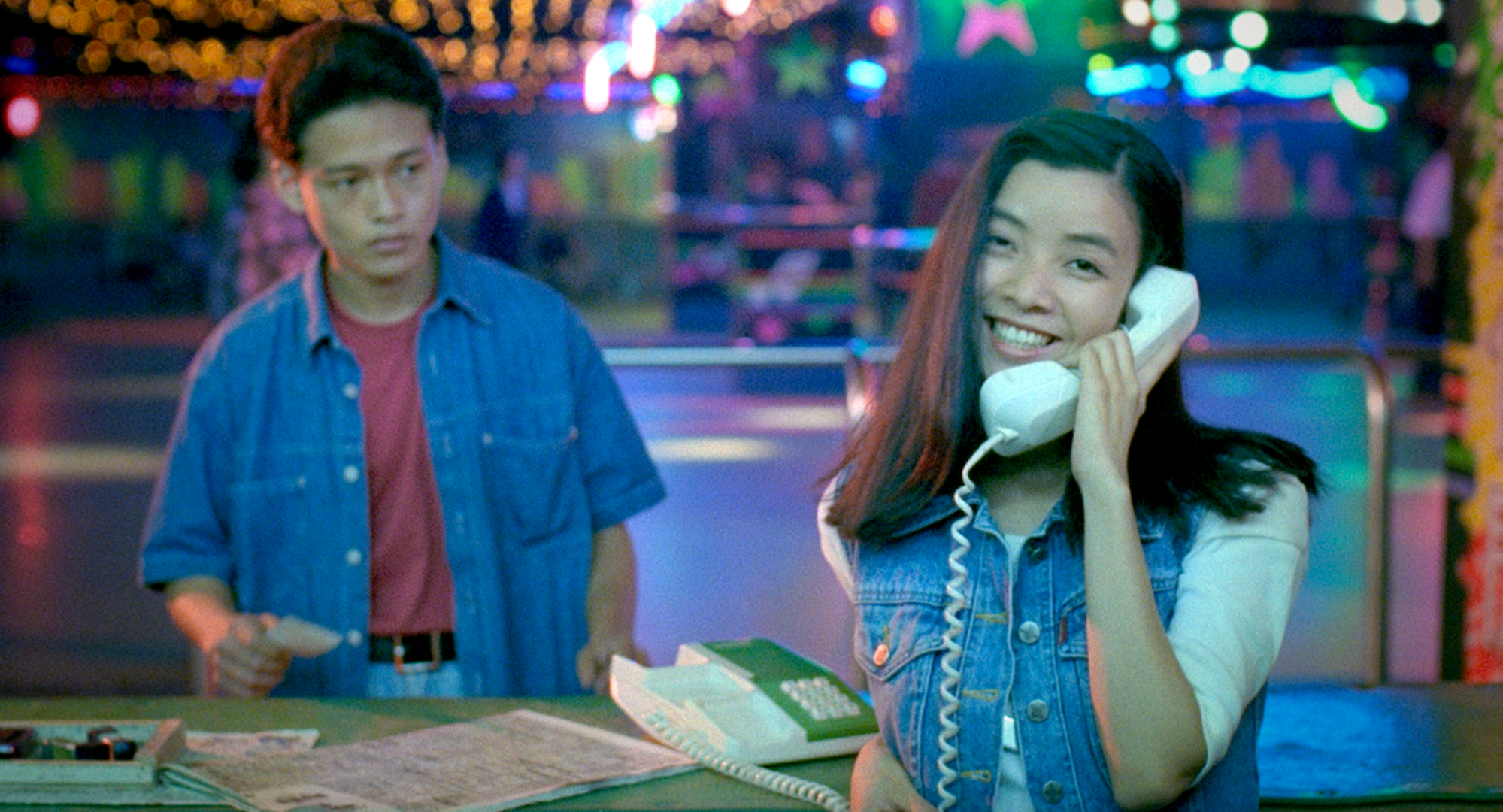Hot on the heels of BFI Flare — the biggest LGBTQI+ film festival in Europe — comes another vibrant UK event celebrating international queer cinema in 2023. Queer East, now in its fourth year, runs for two weeks from April 18-30 across iconic cinemas in London — including the BFI, the Barbican Centre and the Prince Charles Cinema in Soho — ahead of a ten-city nationwide tour later this year. The events will showcase 50 films from a breadth of East Asian countries via documentaries, narrative features, shorts, and even VR, exploring vital topics that pertain to the multi-national queer experience.
A special Focus Korea strand (piggybacking recent hallyu hits like Decision to Leave and Broker) is among the programme highlights this year, but there are also powerful works from Japan, Taiwan, Cambodia and further afield. These are our seven stand-outs.
House of Hummingbird (Kim Bora, 2018)
This award-winning film, set in Seoul in 1994, stars Park Ji-hu (Netflix zombie serial All of Us Are Dead) as Eun-hee, a quiet, reserved 14-year-old chastised as a “stupid shit” by her father, and physically abused by her older brother. As she enrols in cram school, she dips her toes in romantic relationships with both boys and girls, while also developing an admiration for a young teacher named Young-ji (Kim Sae-byuk, Broker). As major real-life events, like the death of North Korean President Kim Il-Sung and the Seongsu Bridge disaster, punctuate developments in her own life, Eun-hee must navigate her own path in this warm-hearted and empathetic coming-of-age story.

Home Ground (Kwon Aram, 2022)
The Closing Gala at this year’s festival is the feature documentary debut of Kwon Aram. Home Ground tells the story of South Korea’s first openly lesbian bar, LesVos, which opened its doors in Seoul in the mid-90s and is now situated in an area of Itaewon known as “homo hill”. Famous for its kimchi rice, cherry coke and performances by queer patrons imitating K-pop groups like H.O.T. and Shinhwa, LesVos struggled through — but survived — the pandemic. Through the eyes of the bar’s proprietor Myong-woo, Home Ground shows the viewer a hidden queer history that lies beneath the nation’s capital.

Memento Mori (Kim Tae-yong and Min Kyu-dong, 1999)
Japanese horror cinema was booming in the late 90s as productions like Ringu, Audition and Battle Royale became cult classics on both sides of the globe. But K-horror was also establishing itself as a force to be reckoned with during this time, with haunted school franchise Whispering Corridors among the first to be exported to the UK. The second, Memento Mori, broke new ground by championing teen lesbian characters as the film’s new heroes. It was a controversial move, but today this nuanced, hormonally-charged story is widely considered the best of the entire six-film series.

Rebels of the Neon God (Tsai Ming-liang, 1992)
Malaysian-Taiwanese arthouse filmmaker Tsai Ming-liang is one of the most acclaimed in all of Asia; he won the Golden Lion at Venice in 1994 for Vive L’Amour, the Silver Bear at Berlin in 1997 for The River, and the FIPRESCI award at Cannes in 1998 for The Hole. His minimalist slow cinema spans documentary, art film and narrative filmmaking, and you’re just as likely to find his films playing at the Tate as you are at a film festival.
The auteur’s 1992 feature debut is a colour-saturated tale of delinquent youths embracing the heady sounds, sights and smells of Taipei via roller discos, games arcades and markets. Tsai’s austere long takes and vivid photography are on full display in this rich and accomplished feature, which hints at the themes of queer desire that will define his later works, and stars long-term muse Lee Kang-sheng in the lead role.

Let Me Hear It Barefoot (Riho Kudo, 2021)
After being hospitalised, Maki (Shuri Suwa)’s blind, adoptive grandmother (Jun Fubuki) decides to leave him her fortune so that he can fulfil her dream of travelling the world. Unbeknownst to her, her account is almost dry, and so Maki picks up an old audio recorder and begins to create the sounds of his “travels” with his new friend Naomi (Shion Sasaki), sending them as audio postcards. The duo become close throughout the process, and eventually, their boyish tussles hint at something deeper.
This Japanese film excels not only through the chemistry of its leads, but also thanks to a creative narrative that acts as a love letter to foley and field recordists. Through the imaginations of Maki and Naomi, a sandpit at an athletics track becomes the Sahara Desert; bare feet in bowls of flour the snowy plains of Alaska; and a rubber dinghy in a swimming pool the Blue Grotto in Capri. It all makes for a genuinely charming tale, and there’s even a reference to another queer East Asian classic — Wong Kar-wai’s Happy Together — via an imagined trip to the Iguazu Falls in South America.

Lotus Sports Club (Tommaso Colognese & Vanna Hem, 2022)
In rural Cambodia, teenage trans man Leak plays football for the Kampong Chhnang under-21s women’s team. He’s one of ten queer or trans players in the 22-member squad, who face derision and discrimination as they compete in provincial football tournaments.
Their coach, 61-year-old Pa Vann, is also a trans man, and he defends them passionately as he spurs them on to success. Over five years, their collective passions and ambitions eventually take them to the capital of Phnom Penh in this moving and inspiring documentary, as both the 1st Cambodia National Games and the vibrant Cambodian Pride celebrations beckon.

Disease of Manifestation (Tzu An Wu, 2011)
In Singaporean short Sexy Sushi — part of the experimental Wayward Fruits collection — rice and fish on a sushi train fornicate before contemplating their existence and their nightmarish fate. Another Singaporean production, out in the world, finds a tiny maid in bondage gear brandishing a radish while riding a Lazy Susan. And in vintage Japanese short Boy-Taste, naked men dance and play games across a mix of stop-motion and live-action Super 8 footage.
Elsewhere, in the Alien Body, Human Dreams collection, Taiwanese short Disease of Manifestation offers an intense and brain-curdling collage of hyper-saturated colours as a woman vows to “withdraw into my intestines [and] take refuge in my shit” while a computerised voice reads out Yukio Mishima mantras and fast food menu items.

